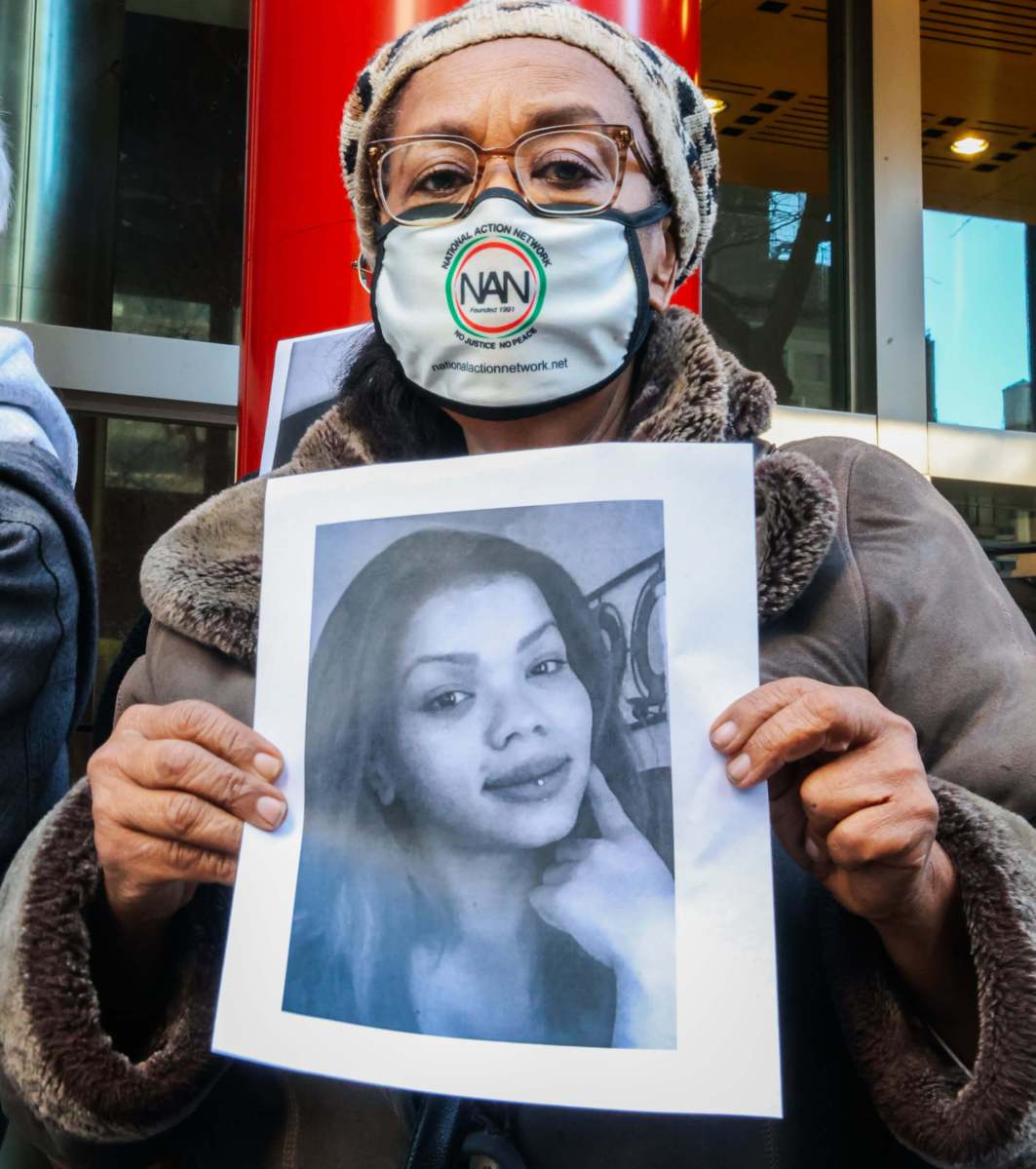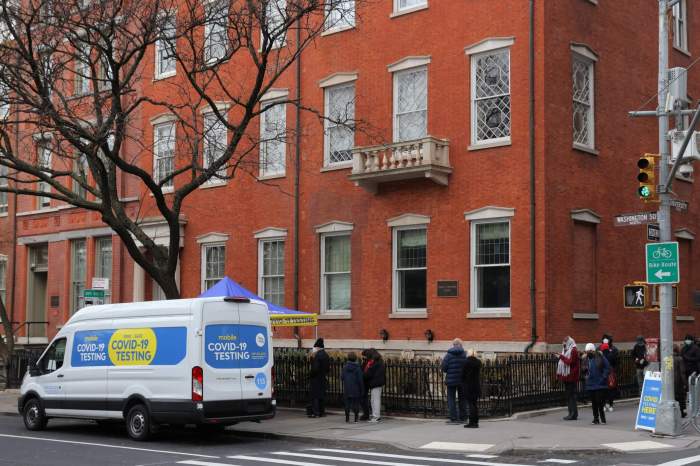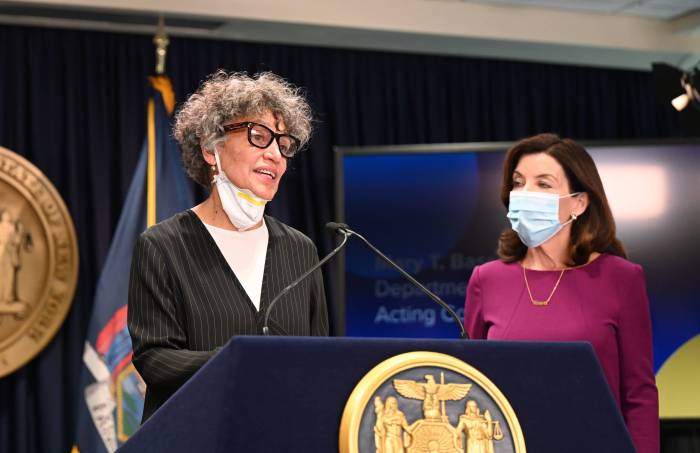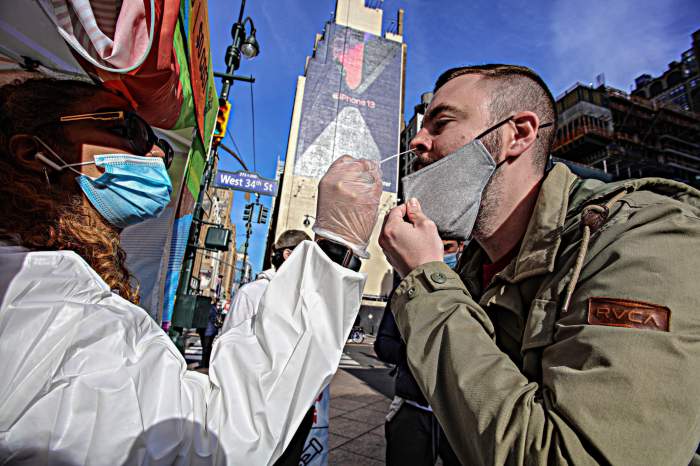After a tumultuous eight-year battle filled with tears and anger led by solitary survivors and their families, the Humane Alternatives to Long-Term (HALT) Solitary Confinement Act was signed into law by Governor Kathy Hochul on March 31.
For almost a decade those who survived solitary confinement and family members of those who perished in prisons dedicated themselves to the #HALTsolitary Campaign — an act to stop a practice they describe as inhumane torture.
Solitary confinement is a controversial disciplinary tool utilized by correctional facilities to punish incarcerated individuals with 23-hour and longer isolation periods. Advocates and survivors fought tirelessly to end what they cite as a form of phycological torture and pushed for the Halt Solitary Act, which prohibits an individual from being kept in isolation for more than 15 consecutive days or 20 out of 60 days.
“Solitary confinement is torture. It’s deadly and destructive and makes everyone less safe. While people in New York have been subjected to this torture for months, years, and decades, as of today never again can a person be locked in solitary confinement for more than 15 days under the law. Never again is the state allowed to lock a young person or a person with mental health needs or a new mother in solitary confinement for even one day. Never again is the state allowed to disappear people as retaliation for whistle-blowing or for petty rule violations,” Anisah Sabur said in a statement, a survivor of solitary confinement in New York prisons and jails and a leader with the #HALTsolitary Campaign
For years, former Mayor Bill de Blasio’s administration vowed to end solitary confinement, invoking Layleen Polanco’s name, a transwoman who perished in a Rikers Island solitary confinement cell in June 2019. However, this only resulted in an alleged pseudo ban with the implementation of the Risk Management Accountability System (RMAS)—accused to be the same practice under a different name.
Now, with the passage of HALT Solitary Confinement, the law will require New York jails and prisons to no longer use solitary confinement as a form of disciplinary punishment, and instead utilize a more humane approach. The law also includes the promise that the incarcerated will be required to experience 10 hours of out of cell time, and this must include at least seven hours of meaningful interactions with others to socialize in a shared space.
“The HALT Solitary Confinement Law going into effect today is a momentous step forward in the movement for human rights and racial justice. It will save lives and make prisons, jails, and outside communities more safe by providing people with more support and engagement, rather than torture. At the same time, this is not the end of the fight. We will never stop until solitary confinement is completely ended and until our people are free from deadly prisons and jails. No family should ever have to go through the painful life sentence my family is going through,” said Melania Brown, activist and sister of the late Layleen Polanco




































